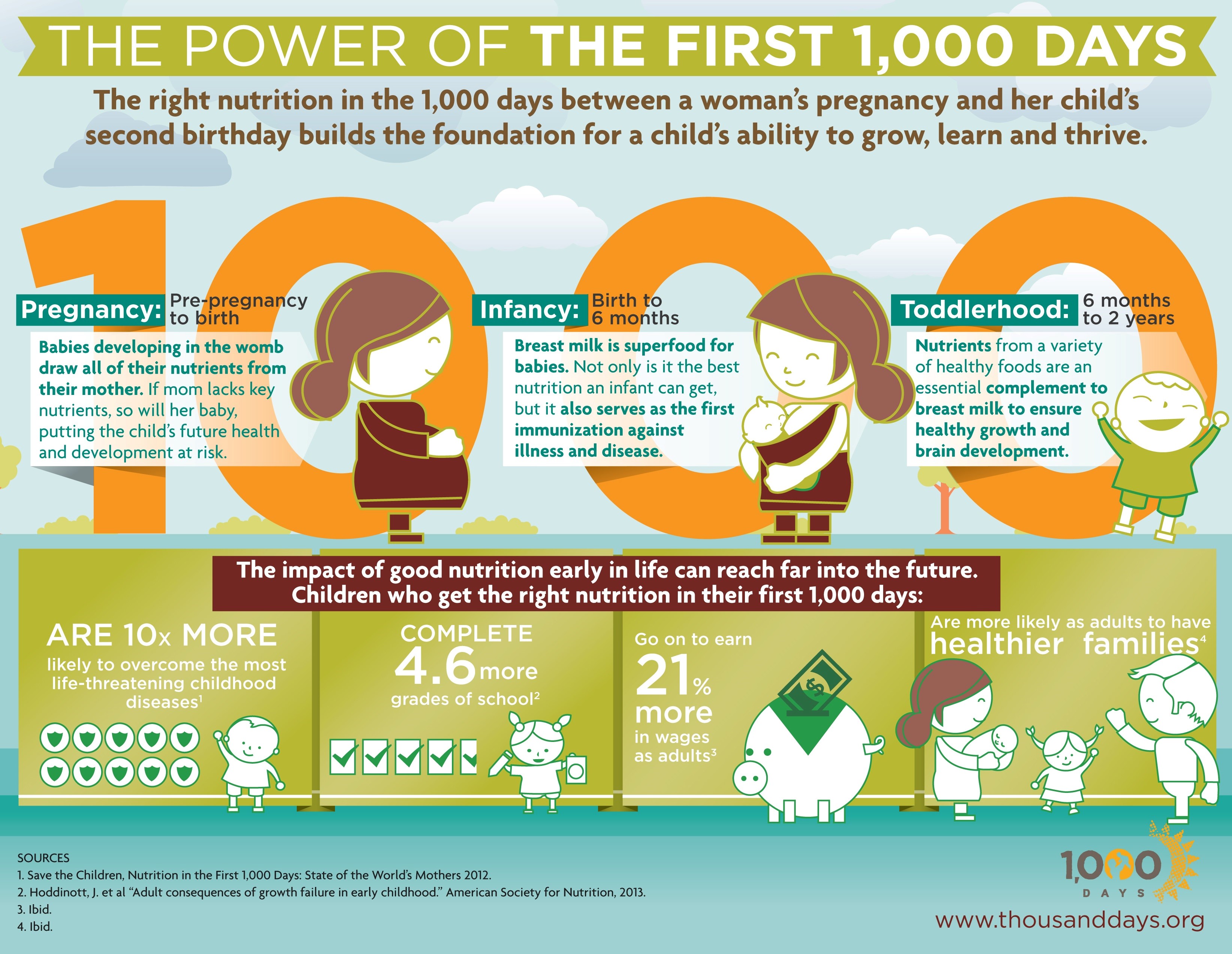By Jessica Bombace, Recent ASU Nutrition Student
There has been controversy about vitamins since as long as I can remember. As a child, I remember my mother having myself, along with my three siblings, take vitamins. I always just thought it was what everyone did growing up. As I got older I stopped taking them but noticed that a lot of people still do. When I was in the Navy and started working out more and eating healthier I started taking multivitamins. After much thought, I realized that maybe it would’ve been a good idea to have taken it when I wasn’t eating healthy to supplement all those vitamins I was not consuming in my meals.
Enough about me, let’s now focus on how important it vitamins really are in our earlier stages of life!
First off, what exactly are vitamins?
- According to the medical dictionary, “vitamins are organic components in food that are needed in very small amounts for growing and maintaining good health.”
- Vitamins are broken into 2 categories water soluble and fat soluble vitamins because they all have their own reaction in the body (3)
- Water soluble vitamins do not get stored in the body and whatever it doesn’t absorb it’s flushed out of your body through urine (4)
- On the other hand fat-soluble vitamins are only soluble in fats and are usually stored.
Water vitamins are:
- Vitamin C
- Thiamin (B1)
- Riboflavin (B2)
- Niacin (B3)
- Pantothenic Acid
- Vitamin B6
- Folic Acid
- Vitamin B12
Fat-soluble vitamins:
- Vitamin A
- Vitamin D
- Vitamin E
- Vitamin K
Early stages of life start as early as pregnancy! Maintaining good nutrition is very important for pregnant women to make sure their babies are getting at least an adequate amount of nutrients. There are certain micronutrients that are more important than others for babies before leaving the womb and those are:
- Folic acid
- Vitamin A
- Iron
- Iodine
- Omega 3 fatty acid docosahexaenoic acid (DHA)
I will break down the importance of each of the micronutrients that I provided so there is a better understanding of why they are indeed important before birth.
Folic acid is a nutrient that is needed for the nervous system (5). When there isn’t enough folic acid given to the baby then there are problems that can possibly occur. Neural tube defects are one possibility of not getting enough of folic acid since folates are needed to develop DNA (5).
Vitamin A is a micronutrient that is needed during rapid cell division and without an adequate amount of birth defects are at risk (5). Vitamin A you can either take too much of or not enough so it is best to make sure you are getting the right amount either through dietary needs or supplementation.
Iron during pregnancy is another important micronutrient because it is needed for the baby’s red blood cells as well as preventing other risks such as low birth weight, illness from blood loss during childbirth, causing pre-term labor and preeclampsia (a dangerous condition caused by high blood pressure) (5).
Iodine, a micronutrient you wouldn’t think was important actually plays a very important role in preventing mental retardation since iodine makes up the thyroid hormones and having the right amount of iodine in a diet is a preventable measure of mental retardation (5). Omega 3 fatty acid works with the cells of the nervous system (5).

(6)
Just like the time during pregnancy is essential for the right nutrients, this continues on into infancy and toddlerhood. Omega 3 fatty acids that can be various food products, for example, fish, it is also important in the infancy/toddler stage of life just like it was important during pregnancy. DHA (omega 3 fatty acids) and ARA are both essential fatty acids that are needed during this time to help with vision and growing neurologically (5). Since babies are at a constant need for growing, vitamins like vitamin A and iron are very vital to contribute to the child’s need of growing and developing (5).
Across the world deficiencies that are well known during infancy and toddlerhood, those inadequate intakes are vitamin A, D, E and calcium (5). If proper nutrition is taught and given to a child as early as pregnancy, prolong problems that will affect them in their adulthood. Nutrition and adequate vitamin intake doesn’t stop in the early stages of life. It follows us all the way to when we all become seniors. Vitamins are important in every stage of life but if we do not start as early as pregnancy or infancy/toddlerhood health issues or deficiencies can occur throughout their life.

(8)
For more informative articles be sure to check out the Fill Your Plate blog! New articles are posted every week.
References:
(1) Retrieved from https://www.google.com/search?rlz=1C5CHFA_enUS703US704&biw=1265&bih=618&tbm=isch&sa=1&ei=blz3WYiDI4n8mAHbsLzgAg&q=vitamins+&oq=vitamins+&gs_l=psy-ab.3…2715.2889.0.3128.2.2.0.0.0.0.0.0..0.0….0…1.1.64.psy-ab..2.0.0….0.MbRpinF5Zrg#imgrc=4gDHB0MhIhFFNM:
(2) vitamins. (n.d.). Retrieved from https://medical-dictionary.thefreedictionary.com/vitamins
(3) Water Soluble Vitamins vs Fat Soluble Vitamins. (n.d.). Retrieved from https://www.medicinenet.com/script/main/art.asp?articlekey=10736
(4) What are Water-Soluble Vitamins? (n.d.). Retrieved from https://www.justvitamins.co.uk/blog/what-are-water-soluble-vitamins/#.WfeAhhNSzwc
(5) The role of micronutrients at all stages of life – Nutri-Facts. (n.d.). Retrieved from http://www.nutri-facts.org/en_US/news/The-role-of-micronutrients-at-all-stages-of-life.html
(6) Retrieved from https://www.google.com/search?q=vitamins+in+early+stages+of+life&rlz=1C5CHFA_enUS703US704&source=lnms&tbm=isch&sa=X&ved=0ahUKEwjMycXg-J_XAhXFeSYKHS3nD-cQ_AUICigB&biw=1265&bih=618#imgrc=Hg-iCaRK0cPIjM:
(7) Retrieved from https://www.google.com/search?rlz=1C5CHFA_enUS703US704&biw=1265&bih=618&tbm=isch&sa=1&ei=hBb7WYmdKMLPmwGIk6DQDQ&q=vitamins+during+pregnancy&oq=vitamins+during+pregnancy&gs_l=psy-ab.3..0j0i5i30k1j0i8i30k1j0i24k1l3.1558475.1561312.0.1561464.19.19.0.0.0.0.290.1877.14j4j1.19.0….0…1.1.64.psy-ab..1.18.1811…0i67k1.0.u96DfkXzfeE#imgrc=8Ye6v2M38ijbJM:
(8) Retrieved from https://www.google.com/search?q=vitamins+in+early+stages+of+life&rlz=1C5CHFA_enUS703US704&source=lnms&tbm=isch&sa=X&ved=0ahUKEwjMycXg-J_XAhXFeSYKHS3nD-cQ_AUICigB&biw=1265&bih=618#imgrc=Hg-iCaRK0cPIjM:

